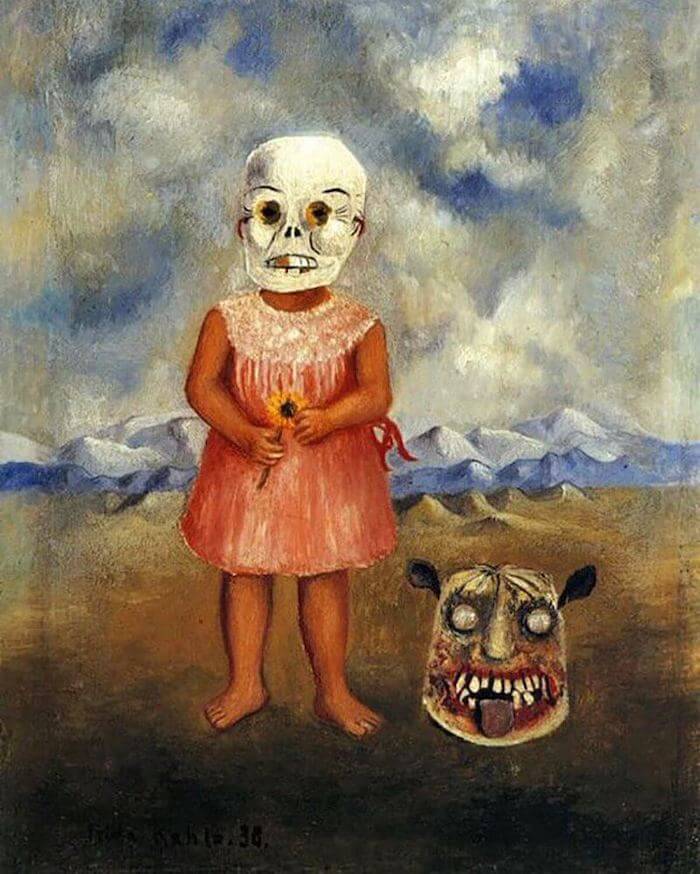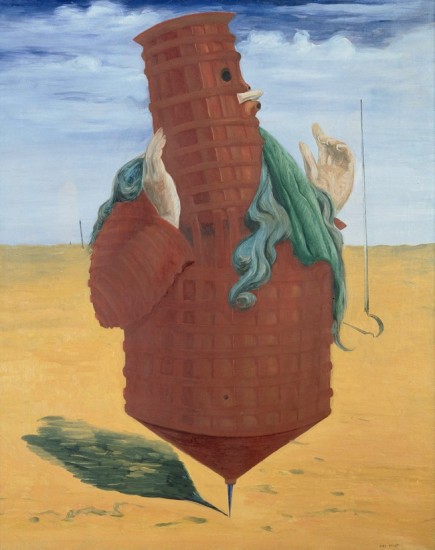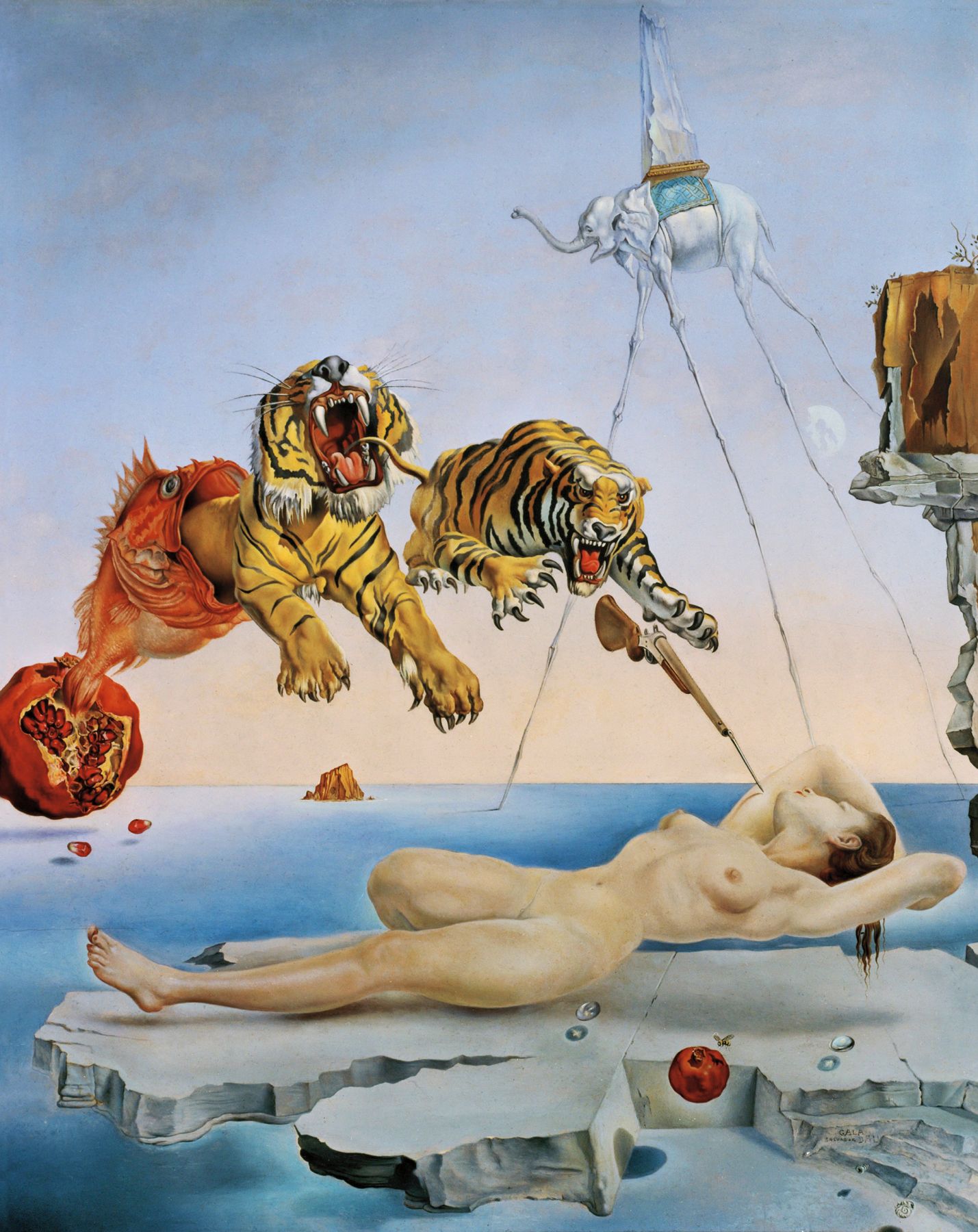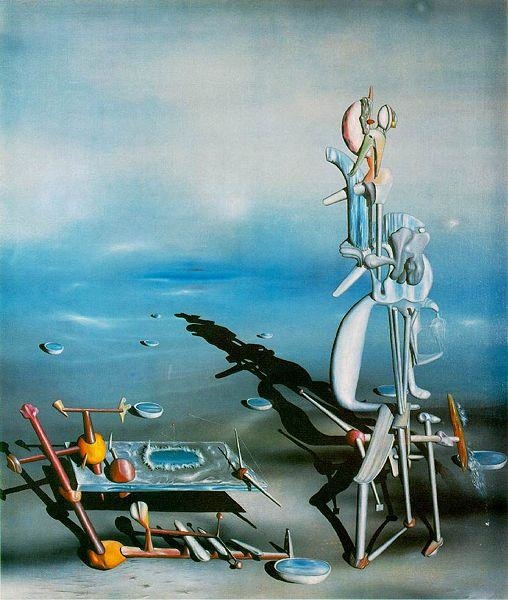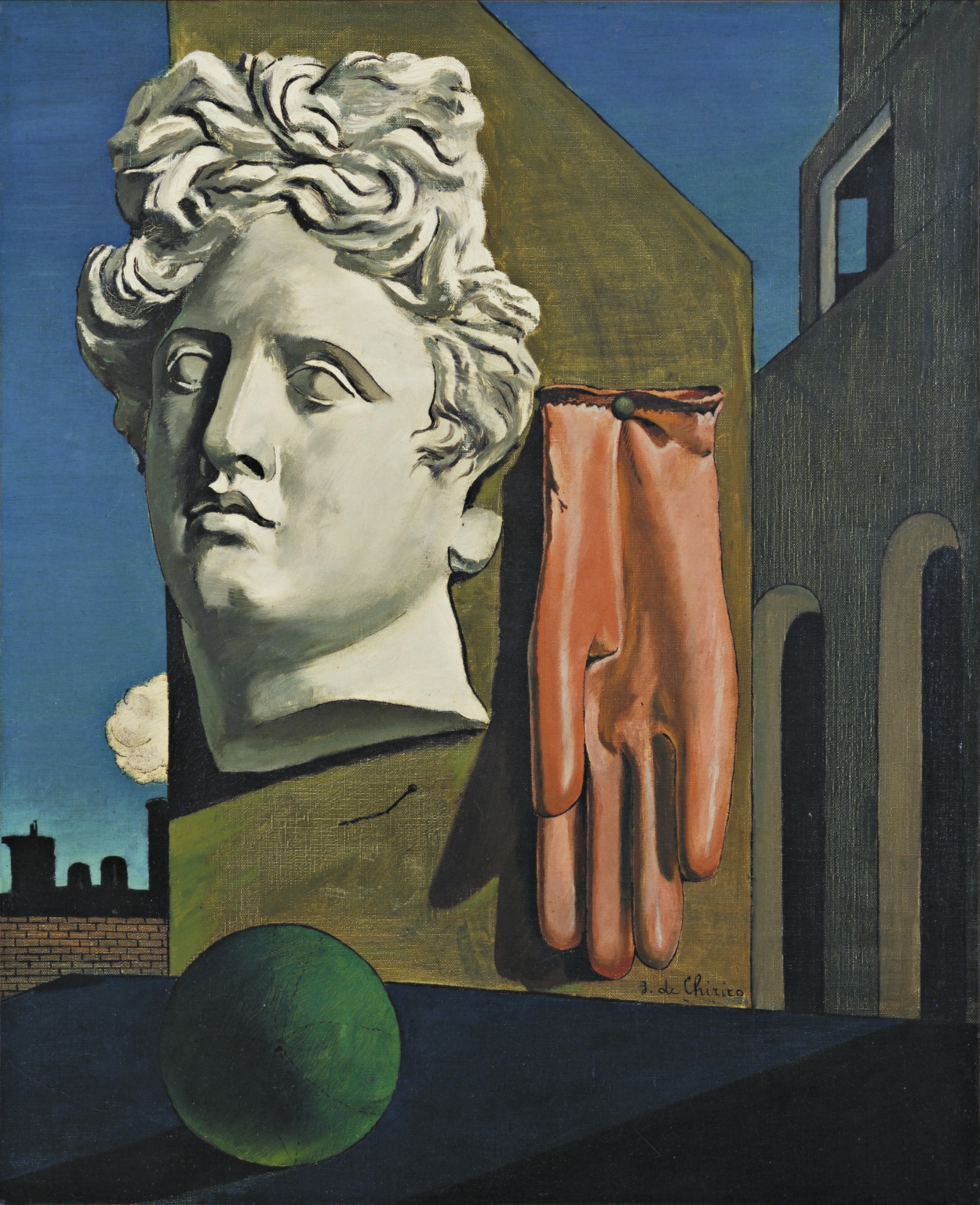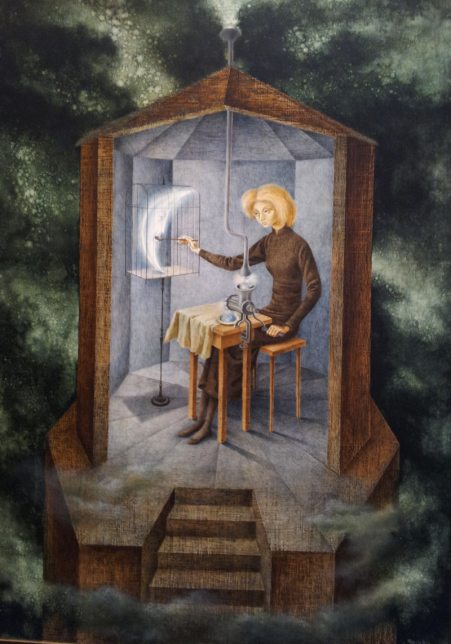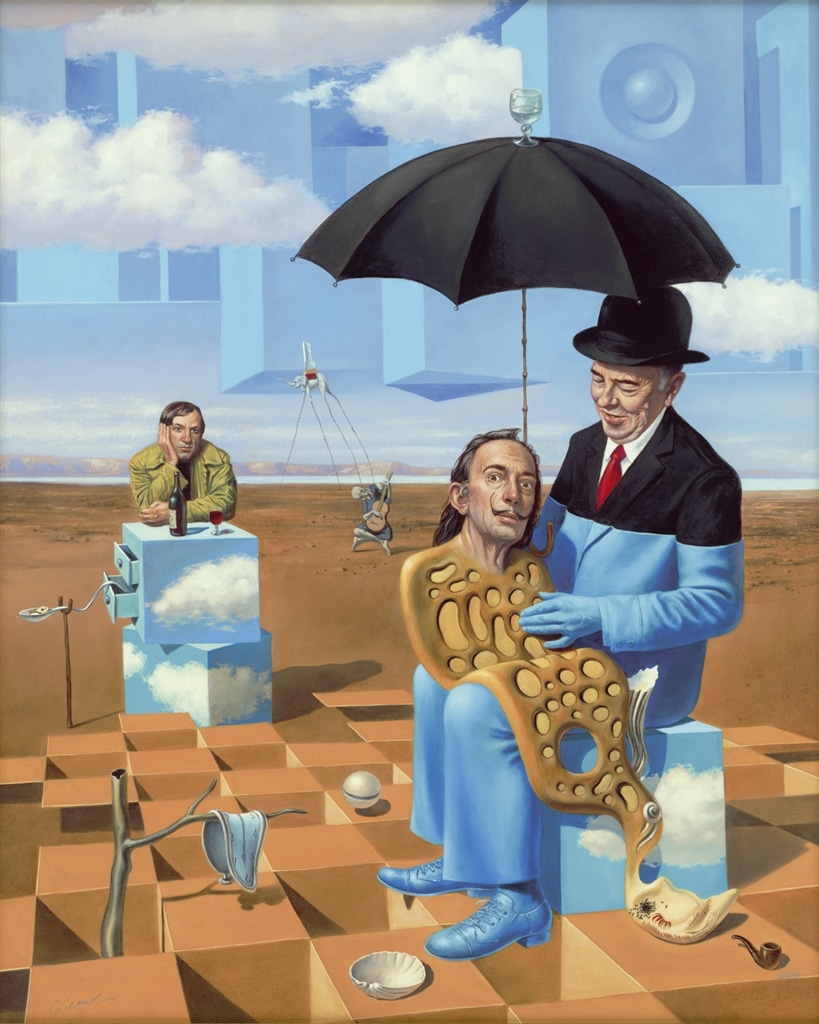Founder
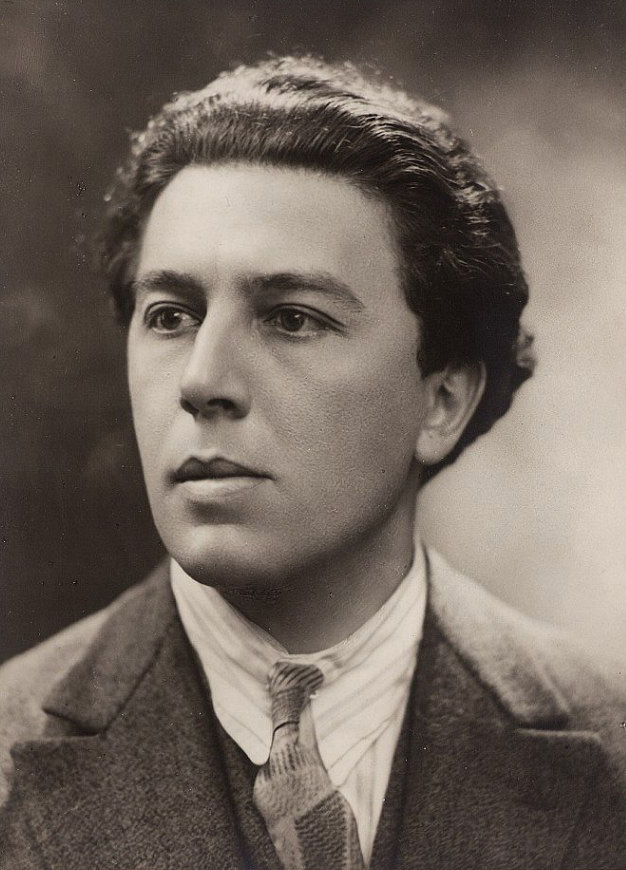
André Breton (1896-1966)
André Breton, born on February 19, 1896, in Tinchebray, France, was a leading figure in 20th-century art and literature. Initially studying medicine and psychiatry, his fascination with Freudian psychoanalysis led him to become a central figure in the Surrealist movement. His early work, including experiments with automatic writing, sought to bridge the gap between the dream world and reality, embodying the essence of Surrealism. In 1924, Breton authored the "Surrealist Manifesto," defining the movement's principles centered around exploring the subconscious and challenging rational thought. This manifesto not only outlined the theoretical underpinnings of Surrealism but also called for a revolution against the constraints of society's rational mind, advocating for a new way of perceiving and interacting with the world.
Breton's impact went beyond theory; he was crucial in spearheading Surrealist activities, exhibitions, and publications worldwide, drawing artists and writers to the movement and bolstering its international stature. Despite criticism and internal rifts, his dynamic leadership and strong personality shaped Surrealism's evolution. Beyond art, Breton's political engagement, particularly his anti-fascist stance, underscored his belief in art's societal influence. Passing away on September 28, 1966, his legacy as a monumental figure in modern art and literature endures, with his ideas perpetually inspiring a reevaluation of reality's and imagination's limits.
